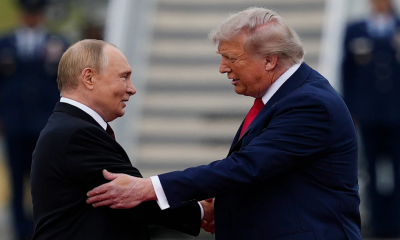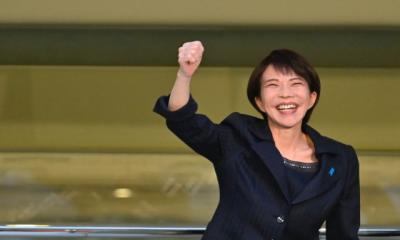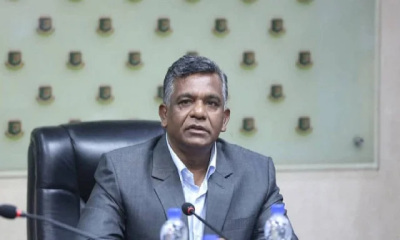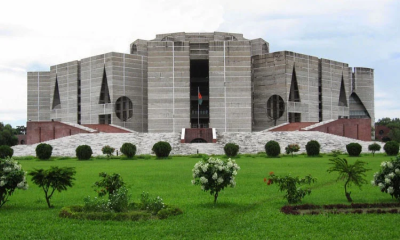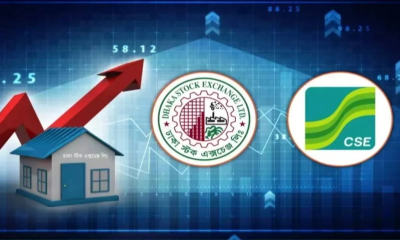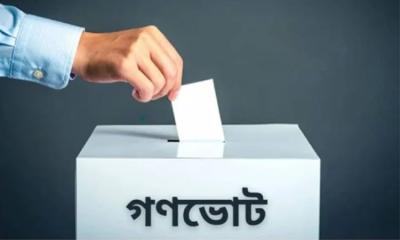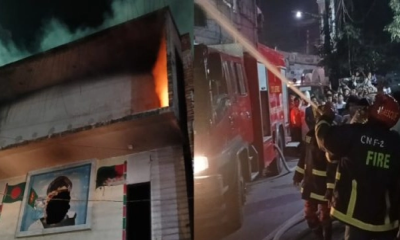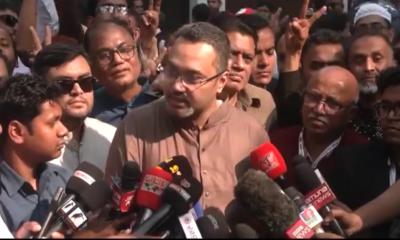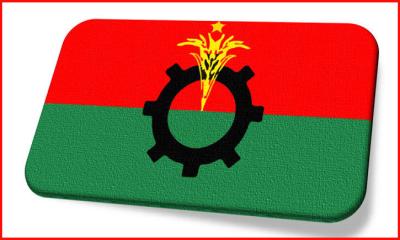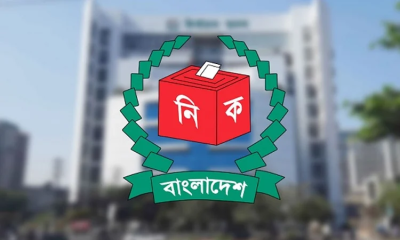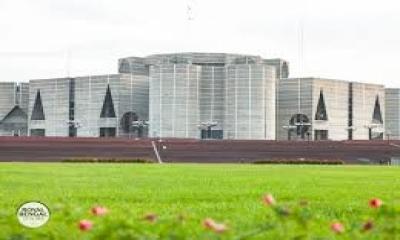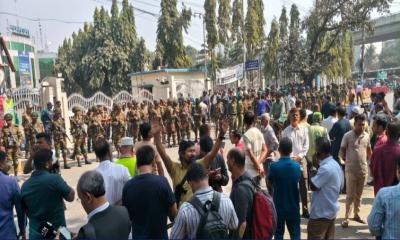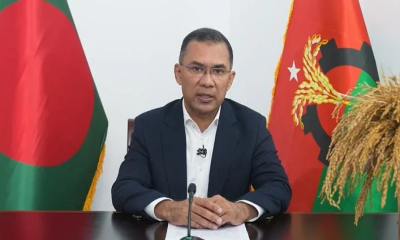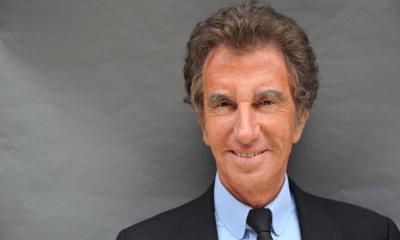South Korea`s President Yoon Suk Yeol is under growing pressure after sending armed soldiers into the streets of Seoul and declaring martial law.
This controversial move has drawn comparisons to the country’s past military-backed regimes and sparked calls for his impeachment.
Lawmakers quickly launched impeachment proceedings against Yoon after they unanimously voted to cancel his martial law order.
The vote came just hours after Yoon issued the decree, forcing him to revoke it about six hours later. The impeachment vote could happen as soon as Friday, and a two-thirds majority in the National Assembly would be needed for the matter to go to the Constitutional Court, which would decide whether to remove him from office.
Here’s what you need to know about the situation:
What is Martial Law?
Martial law gives the president the power to deploy the military to maintain order during times of war or serious national emergencies.
This can include suspending civil rights like freedom of the press and assembly, and temporarily limiting the powers of courts and government agencies.
However, South Korea’s constitution allows the National Assembly to revoke martial law with a majority vote.
When lawmakers learned of Yoon’s decision, they rushed to the National Assembly to lift the order. Some even climbed over walls to evade the military blockade so they could form a quorum.
Their vote to cancel the martial law passed with 190 votes in favor, including 18 members of Yoon`s own party.
The impeachment motion claims that Yoon’s declaration of martial law went far beyond what is allowed by the constitution, especially since there was no real crisis to justify such a move.
The motion also argues that Yoon’s actions, like deploying troops to seal off the National Assembly and suspending political activities, amounted to a rebellion.
Yoon Blamed ‘Anti-State’ Forces but Provided No Evidence
In his announcement on Tuesday night, Yoon said he had declared martial law to deal with “anti-state” forces plotting rebellion and accused opposition parties of siding with North Korea.
However, he did not provide any clear evidence to support his claims.
Yoon has consistently taken a hard stance against North Korea, believing that only strong actions will deter Pyongyang from pursuing its nuclear threats against South Korea.
Yoon has also faced difficulties passing his agenda in an opposition-controlled parliament and has been dealing with corruption scandals involving both him and his wife.
Could Yoon Be Impeached?
The impeachment motion is expected to be put to a vote between Friday and Sunday. If the motion doesn’t pass, a new one can be submitted later. To impeach Yoon, two-thirds of the 300 members of the National Assembly, or at least 200 members, must support the motion.
The opposition holds 192 seats, so they will need support from some members of Yoon’s conservative People Power Party (PPP) to reach the necessary majority.
The PPP is opposed to the impeachment motion, but it’s unclear if its members will vote against it or abstain, which would change the required number of votes.
If Yoon is impeached, he would be suspended until the Constitutional Court decides whether to remove him from office.
If that happens, Prime Minister Han Duck-soo, who is second in line to the presidency, would temporarily take over the role of president.
Currently, there are three vacant positions on the Constitutional Court, and six votes are required to remove the president.
The Democratic Party is expected to push for the appointment of two new justices to fill these vacancies.
Yoon’s Struggles in Politics
There’s been much speculation that Yoon’s declaration of martial law was connected to his political struggles.
Since taking office in 2022, Yoon has had little success in pushing his policies through a parliament controlled by the opposition.
Some conservatives claim that the opposition`s actions are politically motivated revenge for investigations into Democratic Party leader Lee Jae-myung, who is considered a strong candidate for the 2027 presidential election.
Additionally, Yoon and his wife are involved in a scandal over alleged influence-peddling.
The controversy centers on claims that they improperly pressured the People Power Party to select a specific candidate for a parliamentary by-election in 2022.
Yoon has denied any wrongdoing, but the scandal has badly hurt his approval ratings and fueled attacks from his rivals.
Martial Law’s Dark Past in South Korea
Martial law has a dark history in South Korea, particularly during the military dictatorships that followed the Korean War (1950-1953).
During those times, martial law was often declared to suppress anti-government protests, with soldiers, tanks, and armored vehicles stationed in public spaces.
The first major instance occurred in May 1961 when Army General Park Chung-hee led a coup by sending thousands of troops into Seoul.
Park would go on to rule South Korea for nearly 20 years, using martial law multiple times to crush opposition and imprison critics.
He was assassinated by his spy chief in 1979.
Just two months later, Major General Chun Doo-hwan led a second coup and orchestrated a violent military crackdown in Gwangju in 1980, killing at least 200 people during a pro-democracy uprising.
In 1987, mass protests forced Chun to accept direct presidential elections. His former army comrade, Roh Tae-woo, won the election, largely due to divided opposition votes.


-20241205073146.jpg)

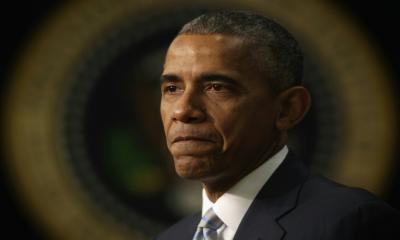
-20260215061522.webp)

